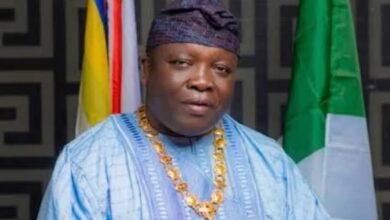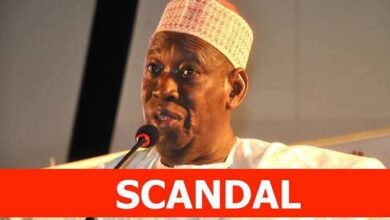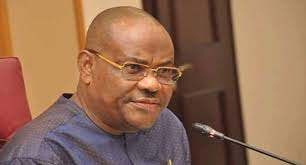
“If plan ‘A’ doesn’t work, the alphabet has 25 more letters – 204 if you’re in Japan.” – Claire Cook, Seven Year Switch
The differences between the NESG and the CBN are not irreconcilable they simply require evidenced-based facts devoid of emotion. The CBN in its response to the NESG noted as follows “Although the bourgeoises atop the NESG may not feel the impact of the Bank’s development finance activities, many ordinary Nigerians, including smallholder farmers, households, and medium-scale entrepreneurs across the country know better “. The language used by the CBN in its communication was unusual for a regulator and may have been less than appropriate. The NESG’s contemplative silence after the CBN’s release was commendable. Both parties need to demonstrate restraint, open-mindedness, and preparedness to find a common ground. Analysts note that in disagreement, civility is usually the better part of a dialogue. But more importantly, they observe that conflict adds value to the decision-making process and opens public policy debate to wider perspectives and concerns (right or wrong) of the private sector.
Bombshells on the Niger
The bombshells that blew up the friendship between the CBN and NESG created collateral damage to a beneficial interface between the organized private sector and the country’s chief monetary regulator. The scorched earth military strategy was unhelpful and represented zero-sum thinking by both combatants on the surface but was an economist’s Bertrand solution with both parties being on a lower utility function. In plainer English, both the CBN and NESG lost out in a public relations gunfight that produced more smoke than bullets.
Lessons
- The discussion on Nigeria’s economic performance should generate disagreement but this in itself is not bad as long as it is guided by decorum, elevated thought, and an overriding purpose of uplifting the quality of public policy decision-making.
- Statements made in public must be subject to the highest standards of verification and integrity. Making roundhouse claims about economic performance with either dubious data references or suspiciously self-serving interpretations reduces the potency of public discourse.
- Emotional outbursts should never be a part of public communications by either private or public organizations as they tend to misrepresent corporate intent and detract from underlying and compelling superiority of evidence-based reasoning.
- Old economic paradigms are seemingly inappropriate for analyzing new economic interrelationships. Therefore, economic thought may require fresh approaches and the unlearning of old presumptions or precepts (e.g. referencing the problem with the traditional concept of an economic trilemma)
- Market economics is not without biases and could fall prey to the exigencies of overriding political interests (market governance practices could disqualify several MSMEs from access to credit but this segment of the Nigerian market contributes to 48% of GDP, constitutes 96% of total local enterprises and employs 84% of the domestic labour force according to a recent KPMG report).
Takeaways
- Nigeria will need to rethink its monetary policy (unlearning conventional paradigms and relearning new ones) by fashioning broad and perhaps unchartered approaches to monetary strategy that are clear, coherent, and clever. However, in executing the new monetary framework, communication with private sector agents is crucial to policy effectiveness.
- Intervention by the CBN has probably helped the economy absorb COVID-19-induced recessionary shocks in 2020 but the regulator needs to show more bang for its buck. The economy declined by a relatively modest -6.10% in Q2 2020, but intervention may not have been optimal as sectors such as hospitality, airline, transportation and manufacturing still see a large decline in output, job losses, and operating margins.
- Since traditional macroeconomic models no longer hold, and the country has virtually maxed-out on its monetary policy options, the fiscal authorities may need to show greater initiative in stimulating the economy by buying back treasury bills, cutting down fiscal recurrent spending, and reducing fiscal inefficiencies. The prescription may sadly be unpleasant and bitter but would at least be better than death, hopefully.
- The NESG would need to seize the opportunity of the forthcoming 26th Annual Conference to articulate its concerns about the “missing issues” of public policy and the need for a broader framework for tackling the economy in a COVID-19 pandemic and beyond. Noise attracts attention but does not solve problems. The think-tank needs to put together a detailed macroeconomic plan that is deconstructed into simpler action points and impact expectations. The plan can be presented to the government as an alternative viewpoint of the economy and its management with expected performance timelines and goals.




